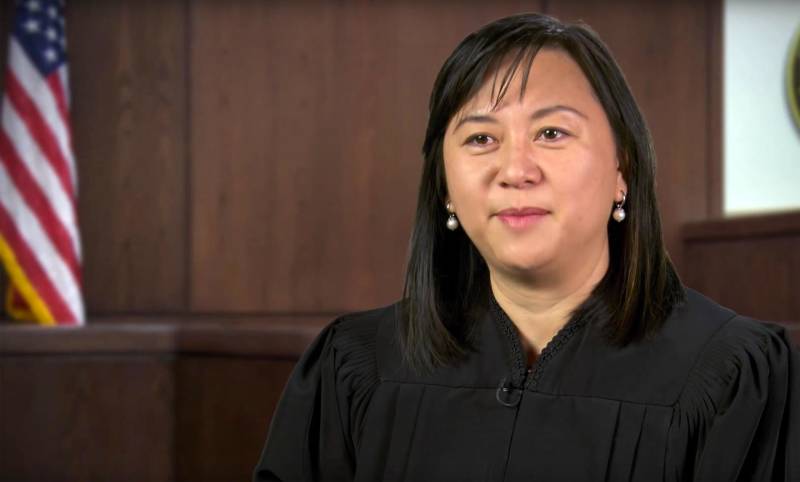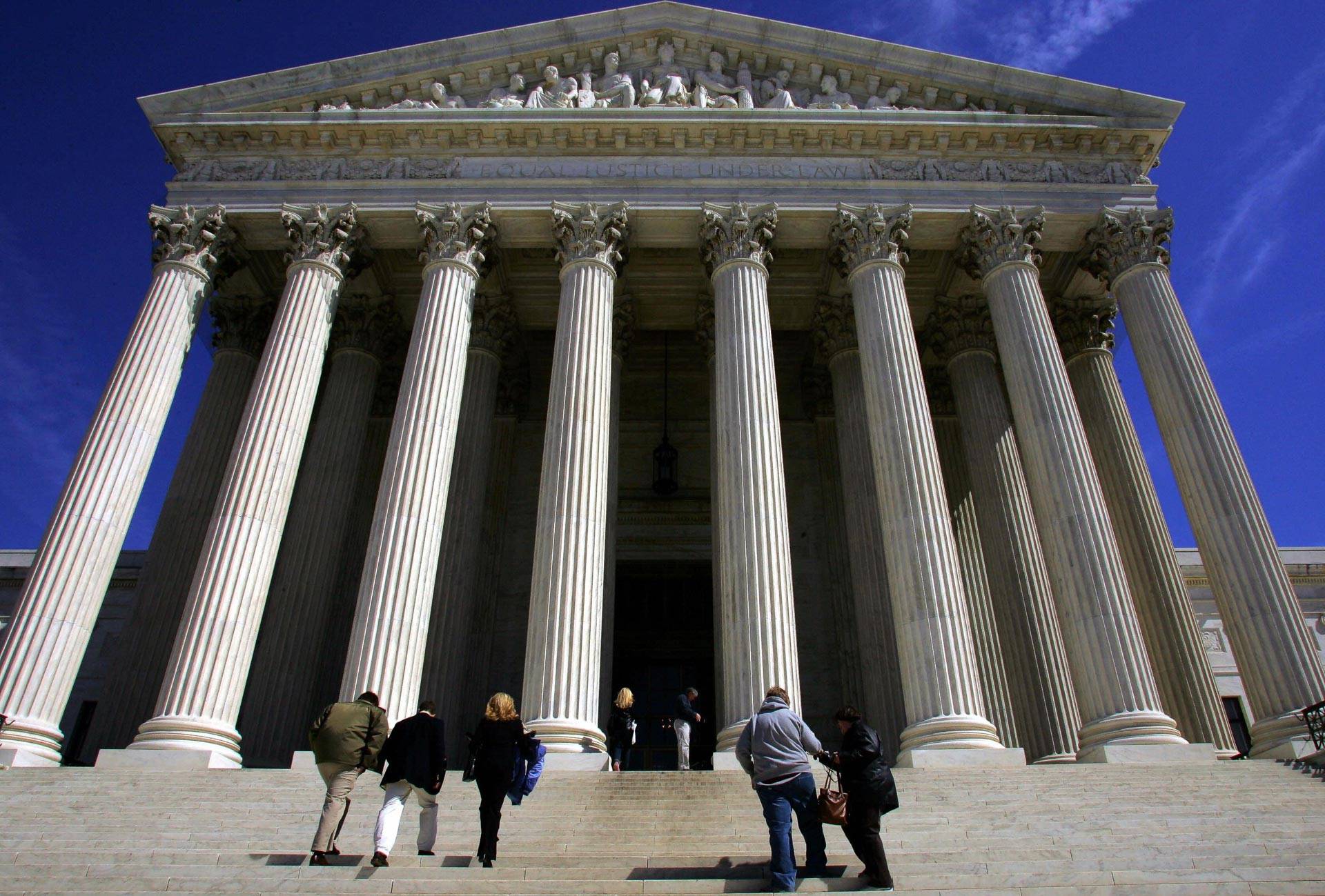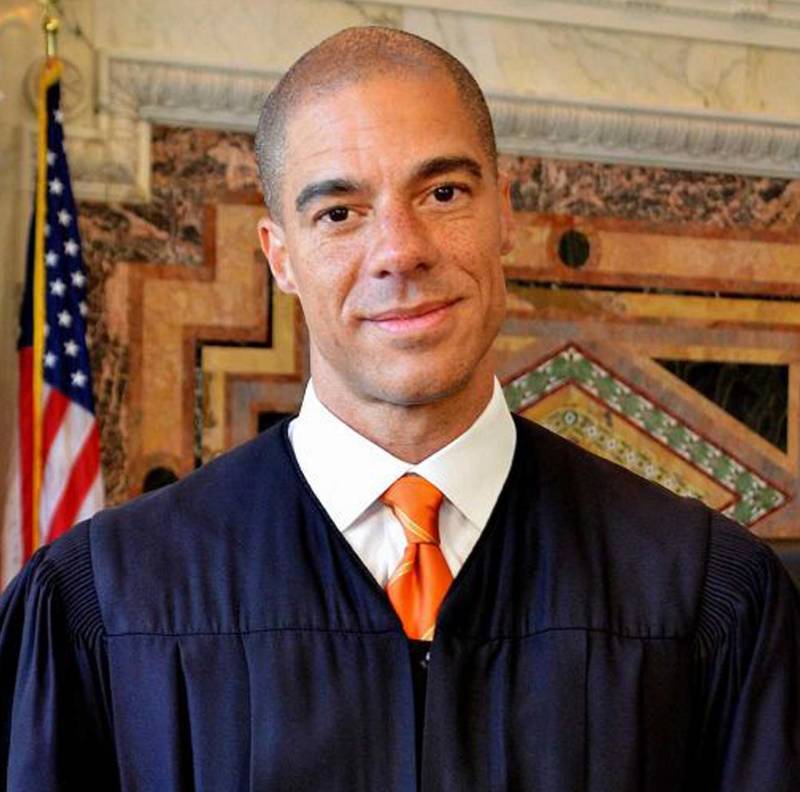Two California judges from the U.S. Court of Appeals for the 9th Circuit are reportedly on the Obama administration's short list to fill the Supreme Court vacancy left by the sudden death of Justice Antonin Scalia.
Both Jacqueline H. Nguyen and Paul J. Watford are graduates of UCLA Law School, and if they were to be nominated and confirmed -- decidedly uncertain on both counts -- they would be the first from their law school to serve on the nation's highest court. (Chief Justice Earl Warren attended UC Berkeley).
Nguyen and Watford were nominated to the 9th Circuit by President Obama and confirmed in 2012 after their nominations stalled amid partisan bickering over judges, which continues to this day.
In the White House announcements of their nominations to the federal bench in 2011, Nguyen was described by Obama as "a trailblazer" who would serve with "fairness and integrity" while Watford, who is African-American, was called "diligent, judicious and esteemed."
It also noted that Nguyen's family was placed in a refugee camp at Camp Pendleton near San Diego after arriving from Vietnam in 1975 when Nguyen was 10 years old. She was born in 1965 in Da Lat, Vietnam, as Hong-Ngoc Thi Nguyen before changing her name in the U.S.

NPR and other media outlets report that Obama has already interviewed Watford, who is 48 years old. In a recent blog post, Tom Goldstein, publisher of the respected SCOTUSblog, wrote that Watford is the most likely nominee for various reasons, including that he was recently vetted for the federal court, attracted bipartisan support in his confirmation and that Obama likely wants a more liberal African-American on the court.


